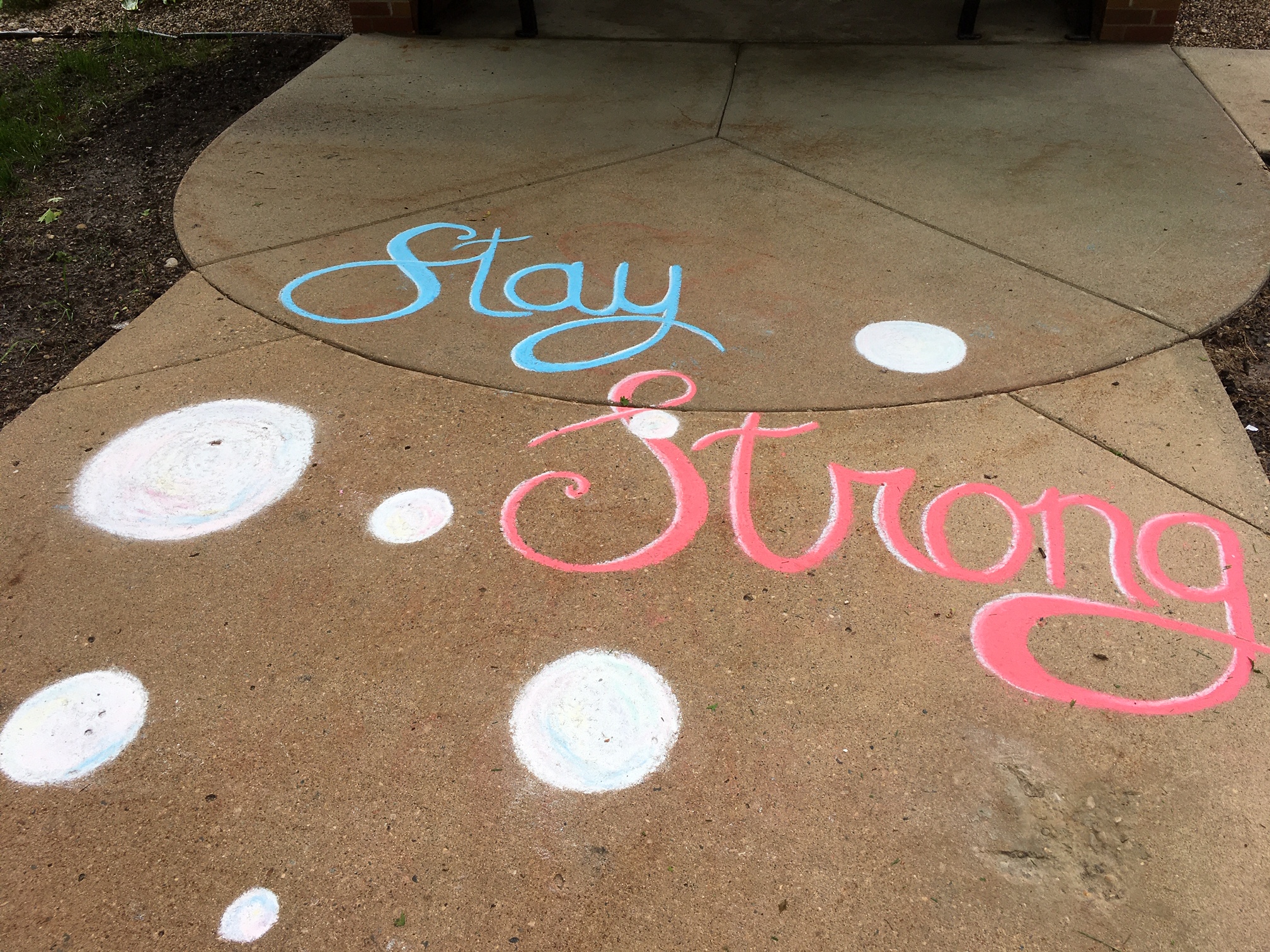Standing Up Together
I’m a little late to the support for the George Floyd/Black Lives Matter cause. Why? Because I want to be an authentic and appropriate voice for making meaningful systemic changes that are desperately needed in our society. For me, that takes thoughtful consideration.
I – we – Laura Baker Services Association – stands with and advocates for all populations who are marginalized, including the black members of our communities. I’ve heard enough stories of racial profiling, arrests that don’t fit the crime or lack of a crime that results in an arrest, charges and/or some kind of out-of-bounds physical response to be appalled. I know that change needs to occur.
We All Do Better When We All Do Better
I’ve spent much of my career advocating for people with intellectual and developmental disabilities. They are among the marginalized in our society. I’ve listened in recent years as every marginalized group claims it is the most vulnerable. As I reflect on this, I’m appalled that, as a society, we pit marginalized groups against one another to fight for resources. In a society that has so much, this is unconscionable. And it’s reasonable to assert that we can find ways to support all of the marginalized, in the ways that each group needs, without harming our standards of living. In fact, as Paul Wellstone famously said, “We all do better when we all do better.” In other words, by lifting up any marginalized group, we lift our collective standards of living and community.
Too often, we focus on what we might lose by supporting the marginalized. We view these groups as somehow lesser, with little to contribute. What if we were to take a different approach and determine what we can GAIN by including all at the table? What if we saw groups we want to do to as groups we want to do WITH? What if we started evaluating the assets all people bring to our communities and our world?
A few years ago, I went on a Road Scholar trip to a foreign country. In general, this country’s population does not have a lot of material possessions or accumulations of wealth that one finds in the United States. The people I had the privilege of talking with were interested in having the best quality of life they could. They were also very interested in culture, history and education. They were intelligent and educated people, concerned about their neighbors and their families, willing to share what they had with those neighbors and the community, and able to focus themselves on the things they could change and control in their lives. In American society, many of these people would be marginalized, simply because of their socioeconomic status. When we marginalize people, we miss out on the gifts their humanity gives to our communities.
A Force for Change
So, I’m late to the party, and I’m standing with our black community members and with all other marginalized groups.
Make room at the table. Hear each voice. Stand up for justice – in whatever form it’s needed for each particular group. For our black communities, it needs to start with changing the justice system. We each need to examine our attitudes and biases. We all need to commit to change and recognizing the dignity and humanity of every person. We need to be outraged when someone is treated in a way we would not want to be treated. We need to speak out and cry for justice.
Let’s join together to be a force for change and justice.
